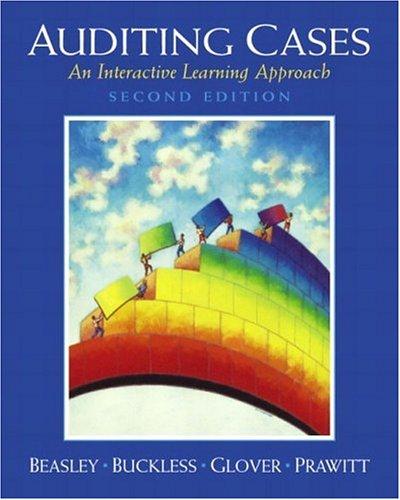Question
The Court in Williams v. Walker-Thomas Furniture Company held that where the element of unconscionability is present at the time a contract is made, the
The Court in Williams v. Walker-Thomas Furniture Company held that "where the element of unconscionability is present at the time a contract is made, the contract should not be enforced." The Court remanded the case back to the trial court to decide if this particular contract was unconscionable.
The dissenting opinion in the Williams case, while not condoning the store's business practice, would have allowed the contract to stand. (Remember that a dissenting opinion has no legal weight - it merely reflects the opinion of one of the judges who disagrees with the majority opinion.) Here is an excerpt of Judge Danaher's dissenting opinion.
"The [lower appellate court] obviously was as unhappy about the situation here presented as any of us can possibly be. Its opinion in the Williams case, quoted in the majority text, concludes: "We think Congress should consider corrective legislation to protect the public from such exploitive contracts as were utilized in the case at bar." My view is thus summed up by an able court which made no finding that there had actually been sharp practice. Rather the [customer] seems to have known precisely where she stood.
There are many aspects of public policy here involved. What is a luxury to some may seem an outright necessity to others ... Many relief clients may well need credit, and certain business establishments will take long chances on the sale of items, expecting their pricing policies will afford a degree of protection commensurate with the risk...I mention such matters only to emphasize the desirability of a cautious approach to any such problem, particularly since the law for so long has allowed parties such great latitude in making their own contracts. I dare say there must annually be thousands upon thousands of installment credit transactions in this jurisdiction, and one can only speculate as to the effect the decision in these cases will have."
Who do you agree with - Judge Skelly Wright (majority opinion) or Judge Danaher (dissenting opinion)? Explain why you come to this conclusion.
Step by Step Solution
There are 3 Steps involved in it
Step: 1

Get Instant Access with AI-Powered Solutions
See step-by-step solutions with expert insights and AI powered tools for academic success
Step: 2

Step: 3

Ace Your Homework with AI
Get the answers you need in no time with our AI-driven, step-by-step assistance
Get Started



